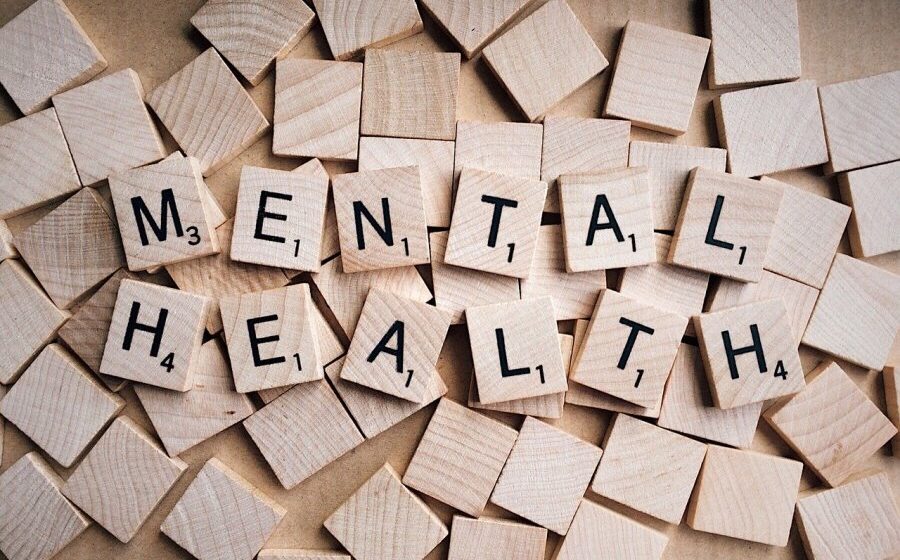The Nowhere else to go: why Australia’s health system results in people with mental illness getting ‘stuck’ in emergency departments report, commissioned by the Australasian College for Emergency Medicine (ACEM) and prepared by the Mitchell Institute for Education and Health Policy at Victoria University, has reaffirmed the major resourcing and systemic issues contributing to the country’s mental health crisis.
Its launch will coincide with a national webinar, being hosted by ACEM on Thursday 24 September, involving professionals and individuals with extensive insight and experience with various facets of mental healthcare in Australia.
In the context of increasing demand for mental healthcare and the challenges of ensuring timely and appropriate emergency care within Australia’s fragmented, under-funded and under-resourced mental health system, the report highlights that people who present to EDs in mental health crisis continue to:
- wait longer than other patients with a similar severity of physical illness before they can be assessed and have their treatment commenced; by both ED and then mental health teams;
- experience longer time periods in the ED waiting for definitive care by specialist inpatient teams; and
- be more likely to leave the ED at their own risk, prior to treatment being completed and against medical advice.
With the Commonwealth Government considering the Productivity Commission’s report into mental health and the Royal Commission into Victoria’s Mental Health System due to be finalised in that state, as well as the looming next iteration of the National Mental Health Plan, there are genuine opportunities to improve the care and support provided to the increasing number of Australians experiencing difficulties with their mental health.
ACEM President Dr John Bonning said: “For too long Emergency Physicians have been raising concerns about the increasing numbers of patients with mental health conditions across all age groups presenting to hospital EDs. Too many, following their initial assessment by emergency doctors, are facing unacceptably long and dangerous waits for admission to inpatient beds or definitive psychiatric care, when it is needed. Since 2017, more than a million people across Australia have sat in an ED waiting for mental health support.
Patients experiencing mental health crisis too often have nowhere else to go apart from hospital EDs. This is due to the lack of alternate and more appropriate mental healthcare options, particularly after-hours. Despite the dedication and best efforts of emergency clinicians, systemic service and system failures continue to let such patients down.
Many of these challenges have been exacerbated by the enormous pressures, mental health-related and otherwise, resulting from the COVID-19 pandemic. It is time for systemic, comprehensive and sustainable re-thinks and redesigns.”
ACEM Immediate Past President Dr Simon Judkins said: “It is time for comprehensive overhauls and reconfiguration of the way mental healthcare is structured, governed, tailored to specific needs and delivered in Australia. In the context of the COVID-19 pandemic, which will continue to contribute to increasing and complex mental health issues and pressures on already-stretched health systems, it is all the more urgent to enact meaningful, coordinated and lasting changes, beyond the piecemeal and superficial.
We encourage all governments and health system leaders to carefully consider this new report and its recommendations as we continue to seek commitment to the development of creative and innovative partnerships between EDs, the wider health sector and consumers. This will provide opportunities to direct people to more appropriate mental health service options, while ensuring that EDs are best equipped to succeed in the assessment, treatment and follow-up for people who most need emergency mental health care.”
Report co-author and head of the Mitchell Institute’s Australian Health Policy Collaboration, Professor Rosemary Calder AM said: “This new report highlights many of the complex and ongoing issues affecting the provision of timely, effective and appropriate mental healthcare to those patients who most need it in Australia.
Many of the issues identified have been longstanding and progressively worsening over a number of years, and we hope the recommendations contained in this report provide a constructive and comprehensive way forward to both improving acute mental health care delivered in EDs and ensuring appropriate and alternative services are available elsewhere in the community, hospitals and other healthcare services.”




Leave a Reply